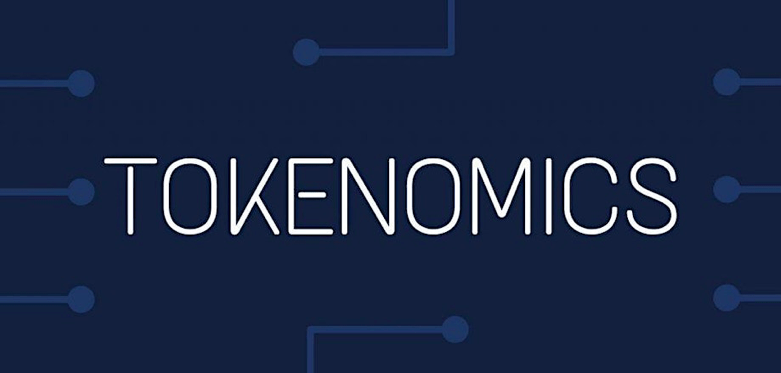Tokenomics: Building Successful Digital Token Systems

Tokenomics refers to the study of the economic and incentive design of digital tokens. It is a term that has been coined in the context of cryptocurrencies, but it can be applied to any digital token system. Tokenomics involves the creation and distribution of tokens, their economic characteristics, and the incentives that are built into the system to ensure its success.
At its core, tokenomics is about designing a token system that is sustainable, valuable, and useful. It is a complex process that involves a deep understanding of economics, game theory, and computer science. Tokenomics is not just about creating a token, but also about creating a token economy that can thrive and grow over time.
One of the main applications of tokenomics is in the creation of cryptocurrency systems. Cryptocurrencies are digital assets that use cryptography to secure transactions and to control the creation of new units. Cryptocurrencies are typically built on top of a blockchain, which is a distributed ledger that records all transactions in a transparent and immutable manner.
Tokenomics plays a critical role in the success of cryptocurrencies. The design of a cryptocurrency's tokenomics can determine its value, its adoption rate, and its overall success. A well-designed tokenomics system can incentivize users to adopt and use the cryptocurrency, while also ensuring that the value of the token remains stable.
Another application of tokenomics is in the creation of decentralized applications (dApps). Decentralized applications are applications that run on a blockchain and are not controlled by any central authority. Tokenomics is critical in the design of dApps because it provides the economic incentives that are necessary to ensure the success of the application.
For example, a dApp may have a token that is used to incentivize users to contribute computing resources to the network. The token can be used to reward users who contribute their computing resources, and can also be used to penalize users who do not contribute. This creates an economic incentive for users to participate in the network and ensures that the network has sufficient computing resources to function.
In conclusion, tokenomics is a critical component of any digital token system. It involves the creation and distribution of tokens, their economic characteristics, and the incentives that are built into the system to ensure its success. Tokenomics plays a critical role in the success of cryptocurrencies and decentralized applications, and is a key area of focus for anyone interested in building or investing in these systems.
